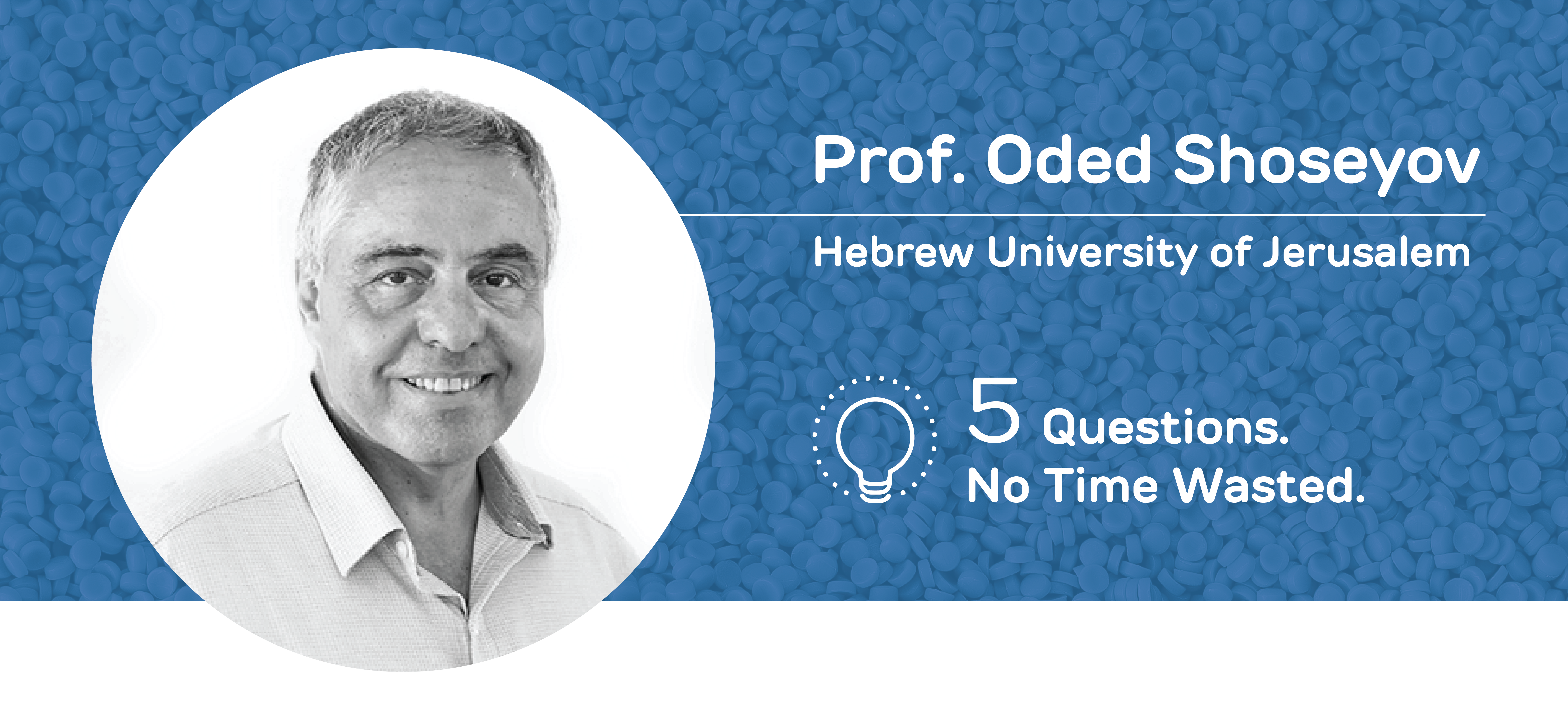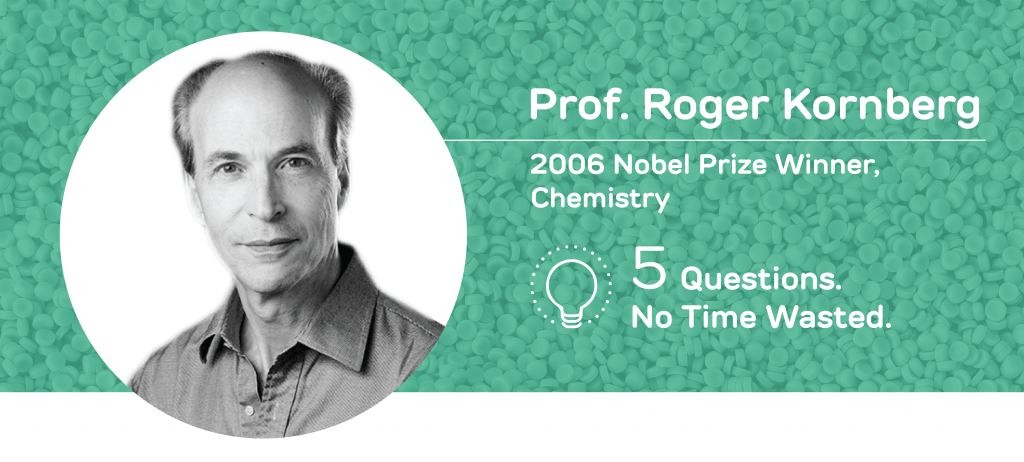1. How many scientific publications have you authored? Which one is the most meaningful to you and why?
I have authored more than 300 scientific publications. If I have to look back and ask myself which publications made the highest impact, I would have to say:
- The discovery of genes that affect plant growth and biomass accumulation in transgenic Eucalyptus trees for the pulp and paper industry that contribute to a reduction in global warming.
- The expression of human recombinant collagen in tobacco leaves for medical implants and bioprinting of tissues and organs.
- And last but not least, the development of cellulose nanocrystal composites as an effective sustainable biomaterial to replace plastics.
2. What role does nanotechnology play in transforming industries to be sustainable?
Nanotechnology is the science of tiny materials with huge impact. For example: coating with minute quantities of cellulose nanocrystals may replace an oxygen barrier made of energy-intensive aluminum coating and increase the toughness of cotton yarn by 500%, thus reducing significantly the environmental impact of the packaging and the textile industries respectively.
3. In your 2016 TED talk, you talk about making the problem into the solution – what would be the best example of this, and what role did nature play?
The environmental problem is the accumulation of sludge from the recycled paper industry. That became an opportunity for us to convert that sludge into useful cellulose nanocrystals. Nature plays a central role since cellulose nanocrystals are the natural building blocks of the plant kingdom. Once we understood how nature uses them, we can reproduce functional materials using a biomimicry approach.
4. How would you explain to someone that does not have the same environmental interest, the importance of nature for economic prosperity and a sustainable future?
Two hundred years of modern science was not enough time to develop really functional and sustainable materials. Our best achievement is plastic that pollutes our oceans. Nature, on the other hand, had 3 billon years to develop some of the most amazing materials and systems that we wish we had in our possession and, most importantly, in a sustainable manner.
5. What most interested you about UBQ?
UBQ converts some of the most polluting manmade waste into useful functional material in a most sustainable way. At UBQ, we clean our planet earth and produce sustainable building blocks for the future of mankind. What else can be more satisfying?


